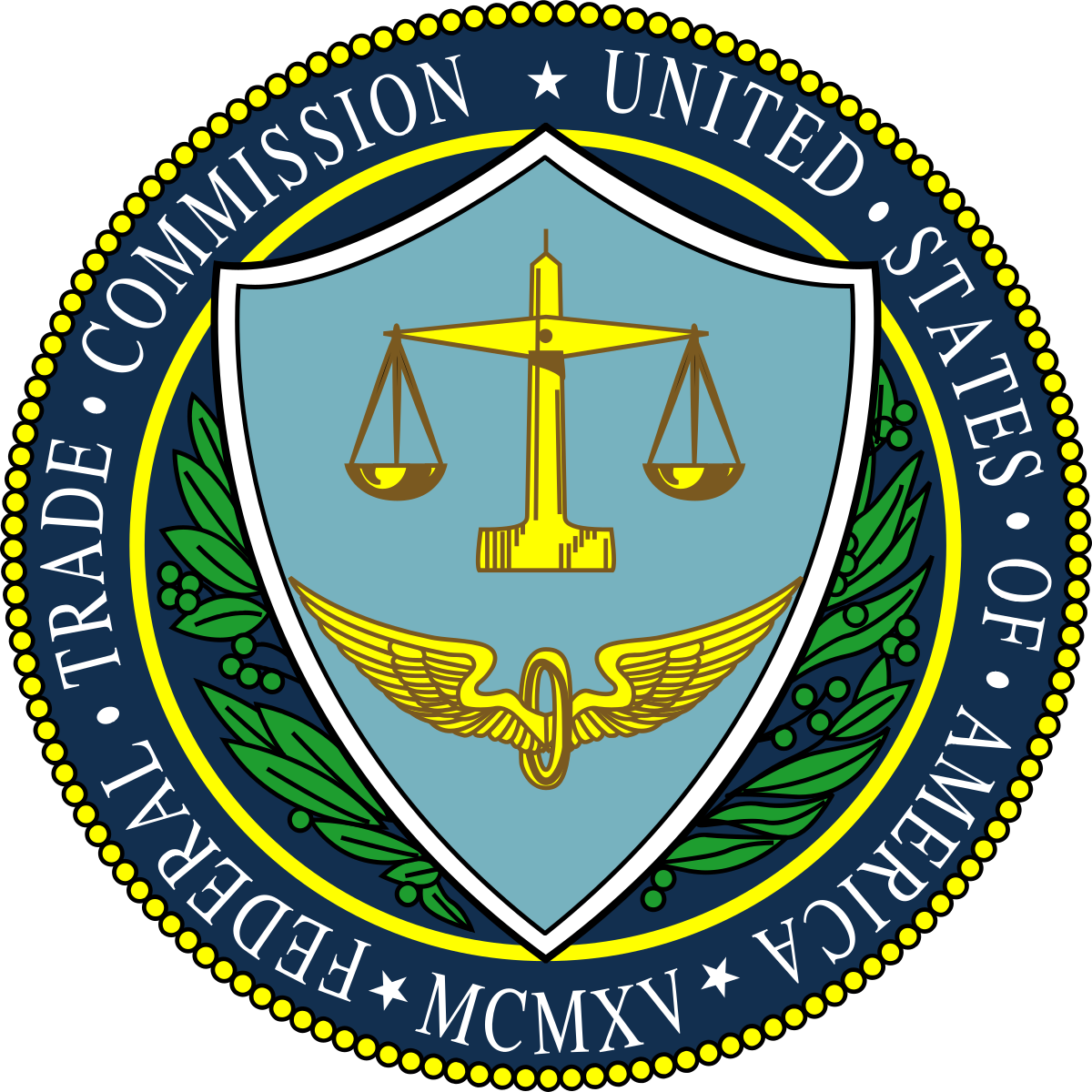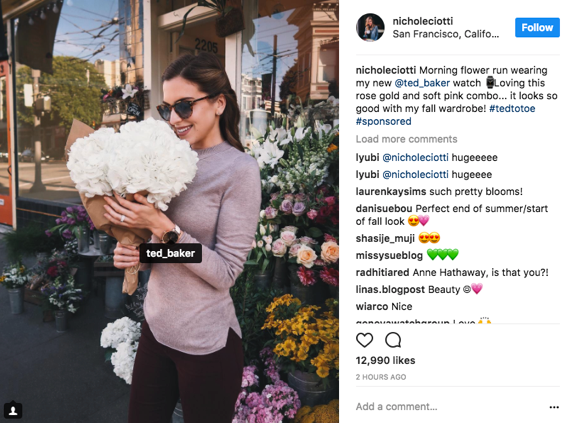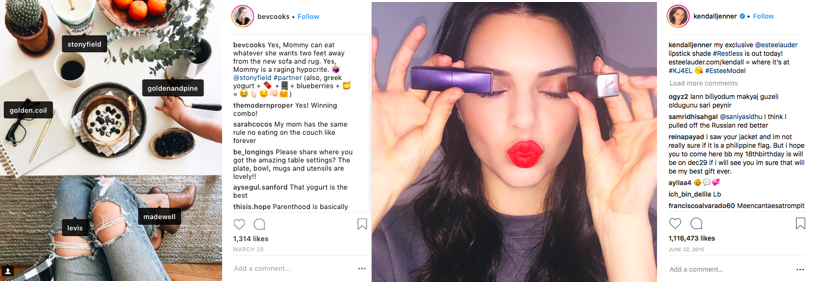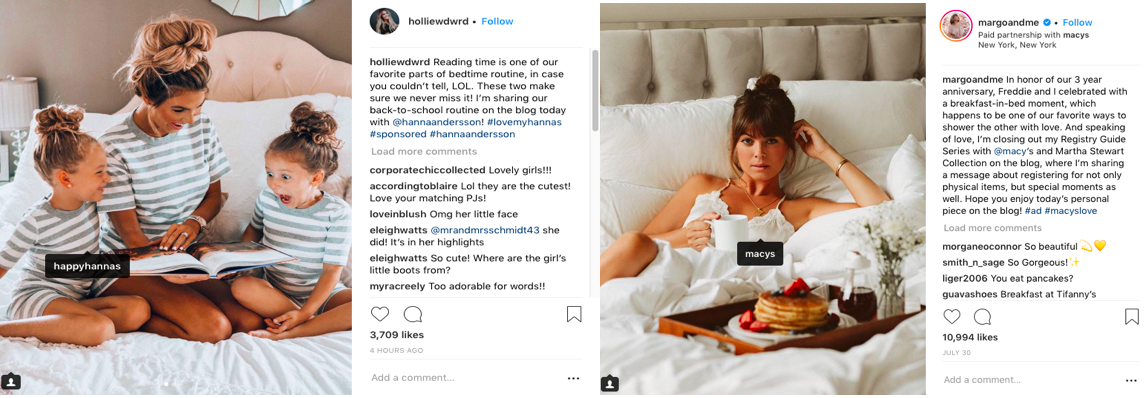When people think of Instagram, they often visualize cute puppies, models posing on NYC sidewalks, or flatlays of trendy breakfast spreads made up of avo toast and lattes with foam art. However, there is also a side to Instagram that is not often talked about: the laws behind the ‘gram.
We’re talking about the Federal Trade Commission (FTC) regulations. In 2018, influencers are forced to think harder and smarter about what they are posting online, ensuring that they are being transparent and honest with their audience.
The Federal Trade Commission is an independent agency of the U.S government that promotes consumer protection and the elimination and prevention of anticompetitive business practices. Most recently they have created endorsement guides to help with this mission as the world of influencer marketing continues to grow.
“The Guides, at their core, reflect the basic truth-in-advertising principle that endorsements must be honest and not misleading. An endorsement must reflect the honest opinion of the endorser and can’t be used to make a claim that the product’s marketer couldn’t legally make…In addition, if there’s a connection between an endorser and the marketer that consumers would not expect and it would affect how consumers evaluate the endorsement, that connection should be disclosed.”
How have these new regulations effected the influencer marketing landscape? Let’s explore.


Making a Case
Over the past few years, social media has transformed the way brands communicate with customers, and more importantly, influencers have played a major role in brand success by helping to promote products, trips and services. But what makes influencers so, well, influential? It all comes down to authenticity and creating content that bridges the gap between relatable and aspirational. Influencers provide a sense of realness by allowing their followers glimpses into their personal lives and this documentation of their daily routines make them natural brand partners. A recent study by Business Insider proves that within this past year, influencer content garnered nearly double the rate of exposure than content created by the brand itself.
Due to the rise of this sponsored content on social platforms, the FTC has had to amend their regulations to better reflect the change in today’s advertising world. These newer amendments require transparency in posts when content is being sponsored, and Influencers are liable to fines if they fail to do so.

Objection!?
Back in the day (AKA a year ago), influencers didn’t have to explicitly state that a product was sponsored, which allowed for a post to feel natural. Influencers either wouldn’t mention any kind of sponsorship or they would vaguely reference a collaboration by burying #sp or #ad in a sea of hashtags, leading consumers to think it was their honest and un-influenced opinion.
You might be thinking, “I was lied to?! Good thing for those FTC regulations!” But influencers might have a different verdict…

This newly mandated transparency interrupts the authenticity that an influencer’s personal brand was built on. Therefore, by the audience knowing that a brand is now paying for that person to advertise certain products, it discredits the trust that follower once had with that influencer.
To combat this, many Influencers are being more intentional about the way they choose to promote products, opting to post images of more intimate moments, showing an authentic glimpse into their personal lives. Also, many influencers are careful to only promote products that they actually like and use themselves. With faithful followers that trust their opinions and views, they can’t risk the alternative.

The Jury’s Out: How followers feel about #Sponsored Content?
Picture a stack of pancakes nestled into a plush mess of sheets, your favorite influencer wearing silky pajamas, her hair tied in a bun grinning behind the savory stack with coffee in hand. We love the picture, we love her, and we certainly want to eat those pancakes. Who cares if the syrup was sponsored by Aunt Jemimia?
On the flip side though, there is also a group of Influencers who have built their platform solely on paid sponsorships and have no qualms about being transparent about it. They don’t need to hide behind a plate of flapjacks. This type of Influencer built their namesake off of product reviews, such as makeup or skincare, or are fashion bloggers with an affiliate app such as LiketoKnow.it. One Instagram Influencer expressed the sentiments of many in an article in the Chicago Tribune: “being an Influencer is a job, just like any other job,” making it important to only promote products that they’re being compensated for.
The public’s opinion on sponsored content wavers case by case, but a 2016 study, summarized in this article by Upfluence, showed that consumers have generally become more tolerant of native advertising as long as they’re already supporters of the brand and the ad provides useful information about the product.
So, for many influencers, including a disclaimer about a sponsorship in a simple promotion post may not hurt their exposure or their engagement.

#CaseClosed
Regardless of the FTC’s new regulations, followers will respond to products if it seems like the influencer is being genuine ith their placement. Followers can tell when an influencer is guilty of promoting a product just to get paid.
As a brand, the most important consideration when shopping around for influencers to support their products or campaigns is the influencer’s audience. Look into what types of content the audience is responding well to and if your brand fits seamlessly in to the feed as well, then you have a perfect match. Anything outside of the norm, you will not get the results you’re looking for.
At CBC, we’re here to help you work with the right influencers and understand the relationship between brands and content creators. Interested in learning more about our influencer marketing services? Send us a note.


